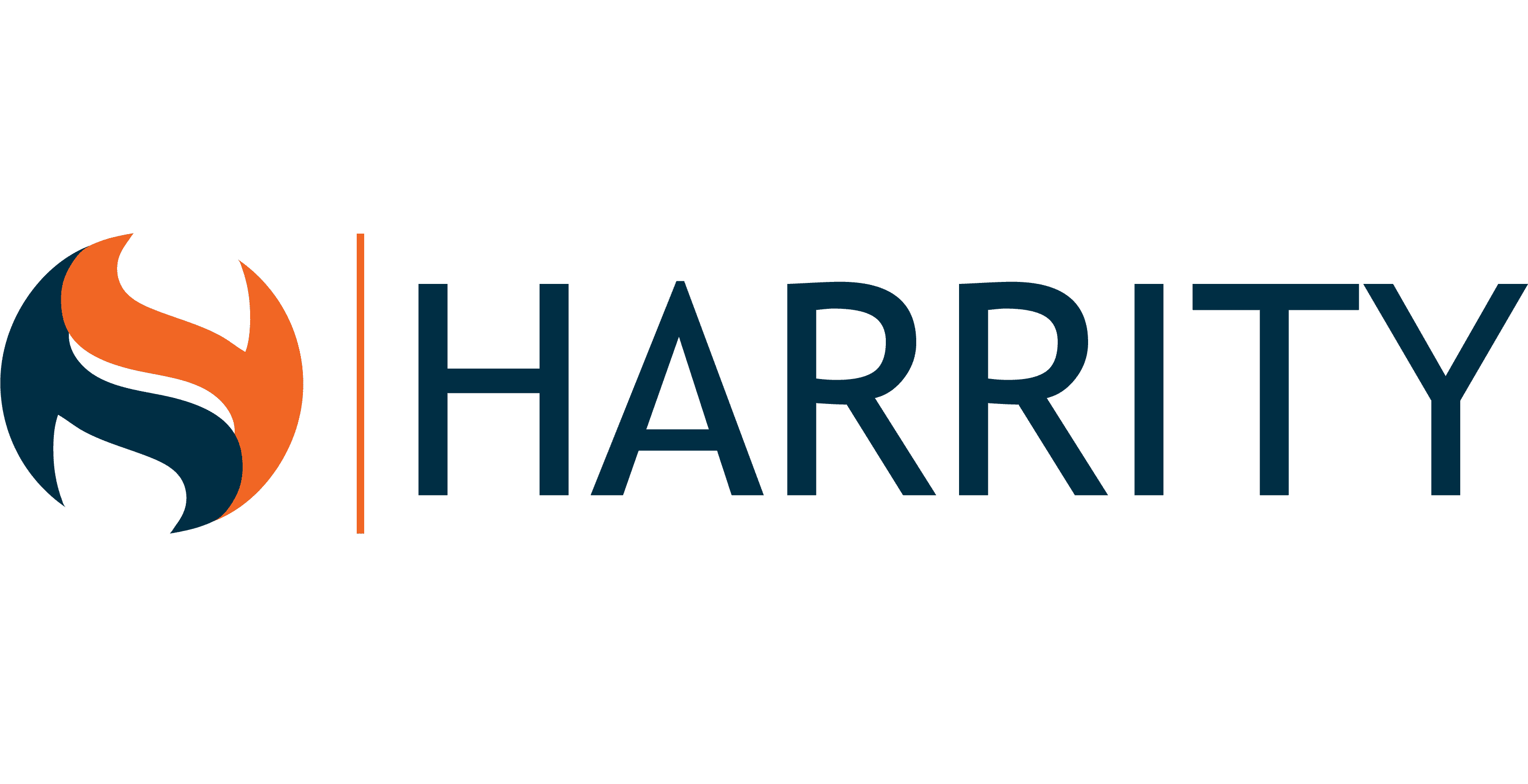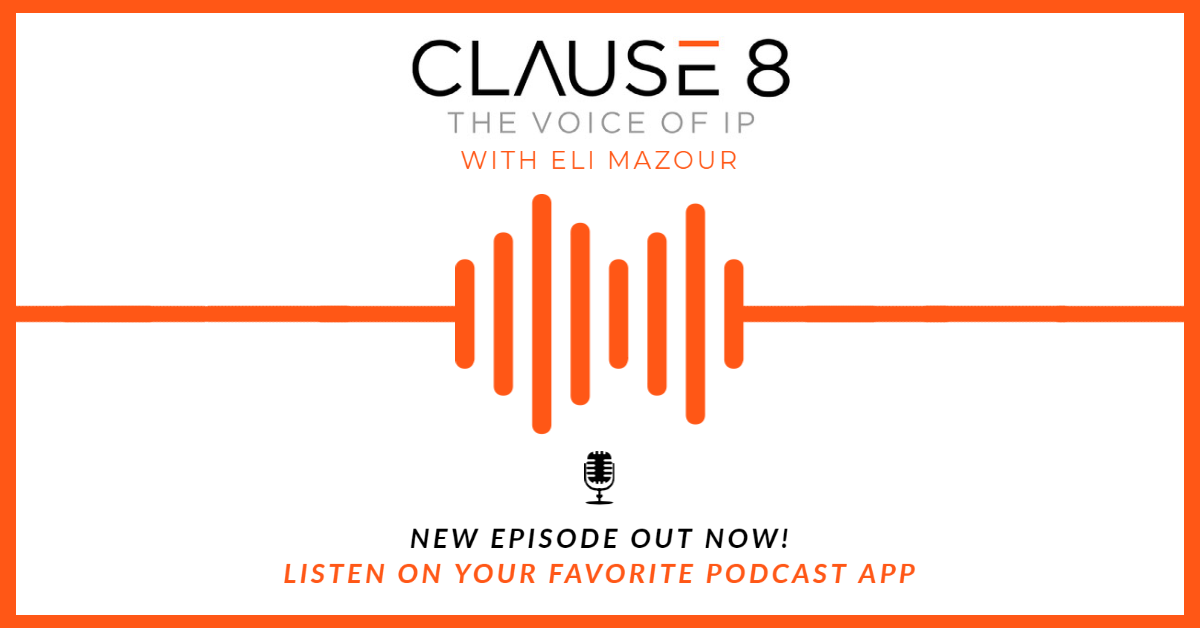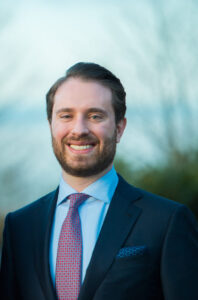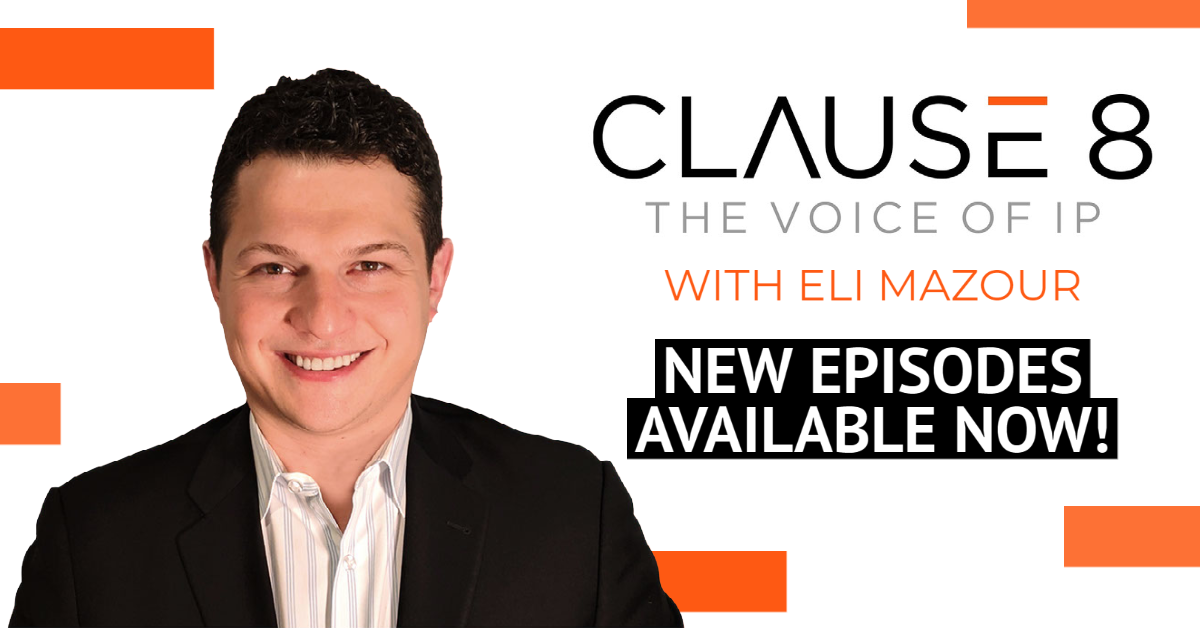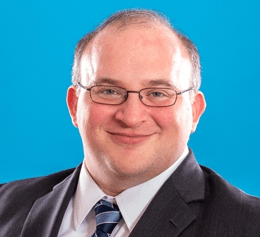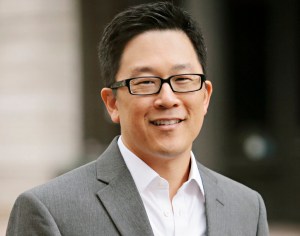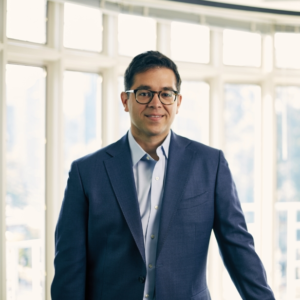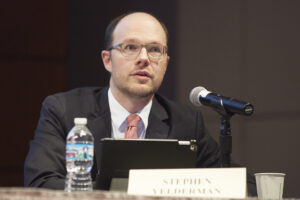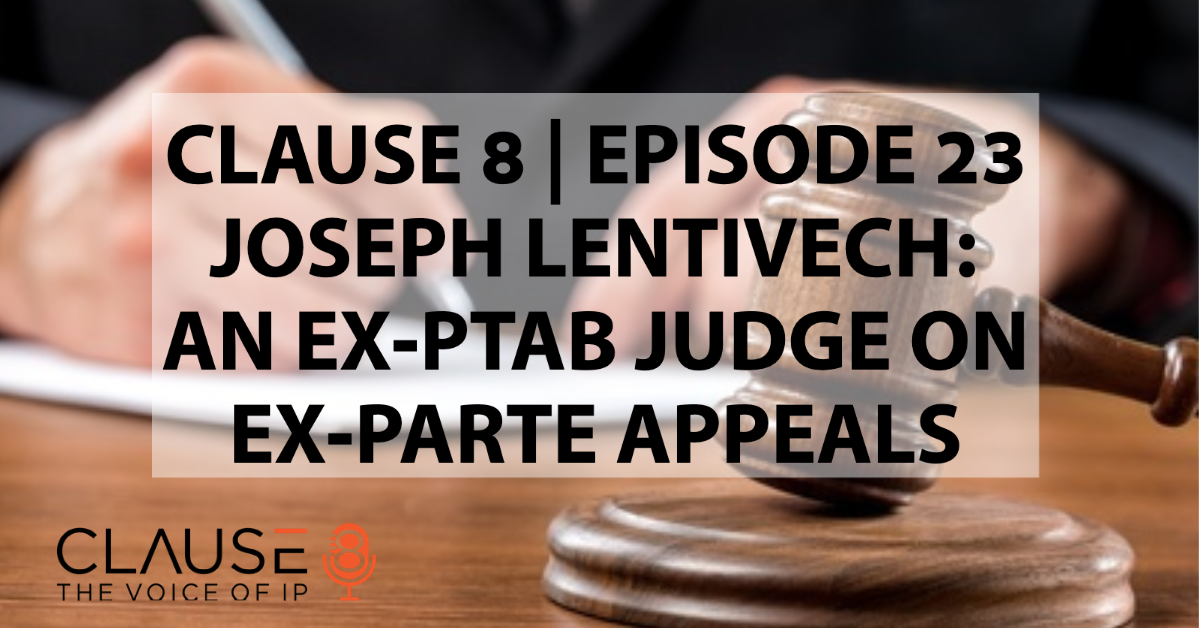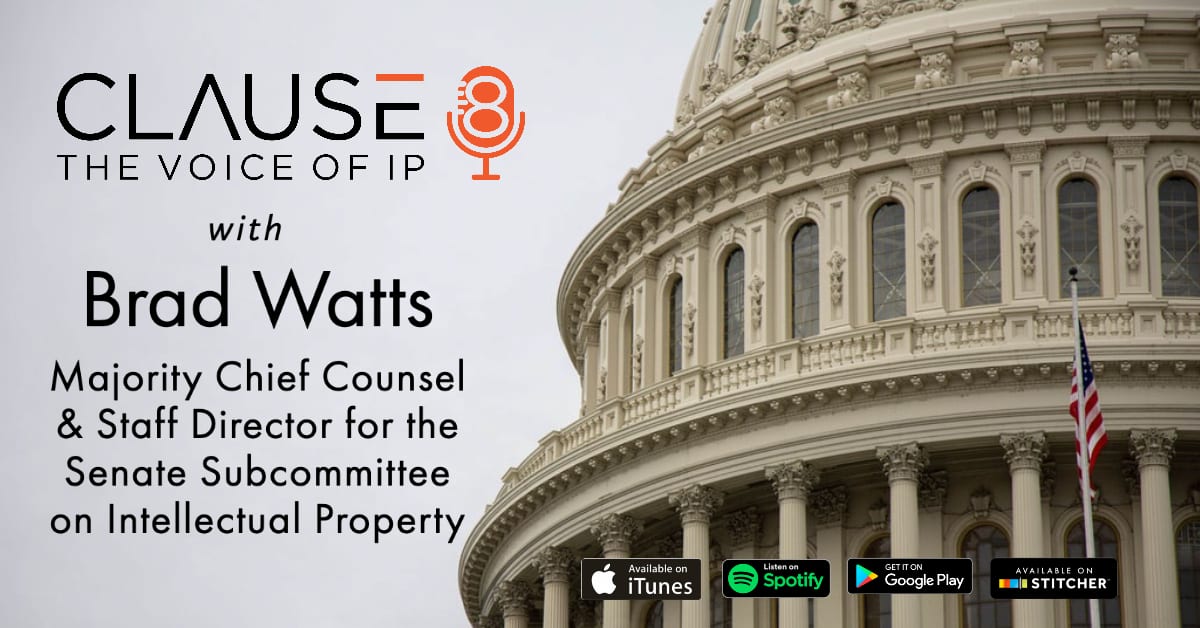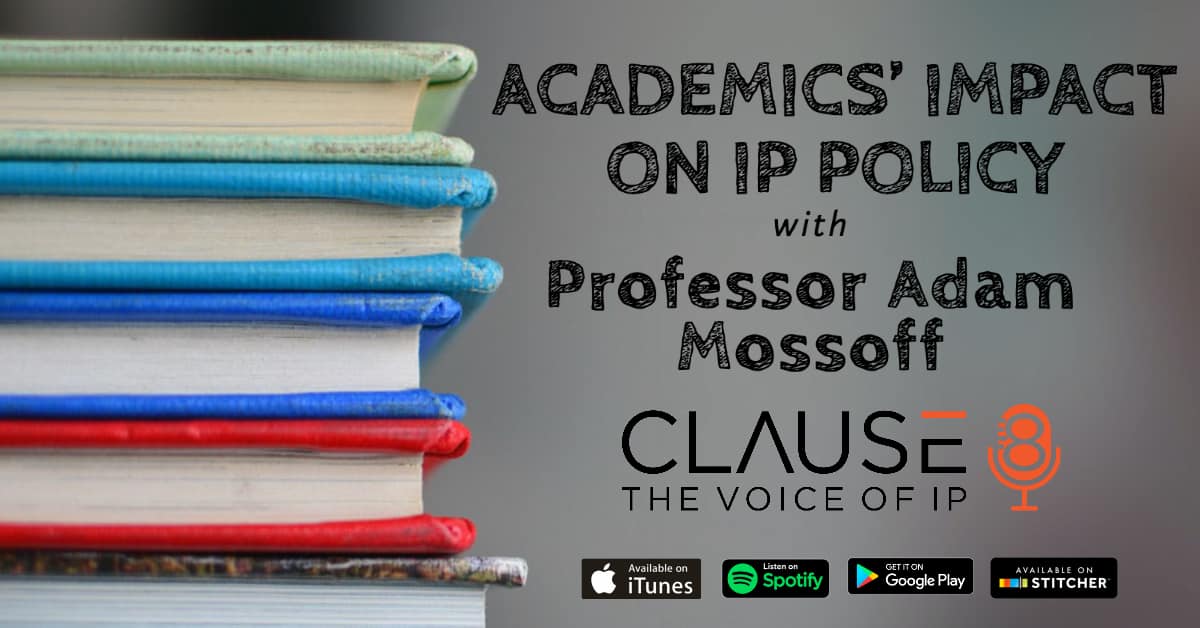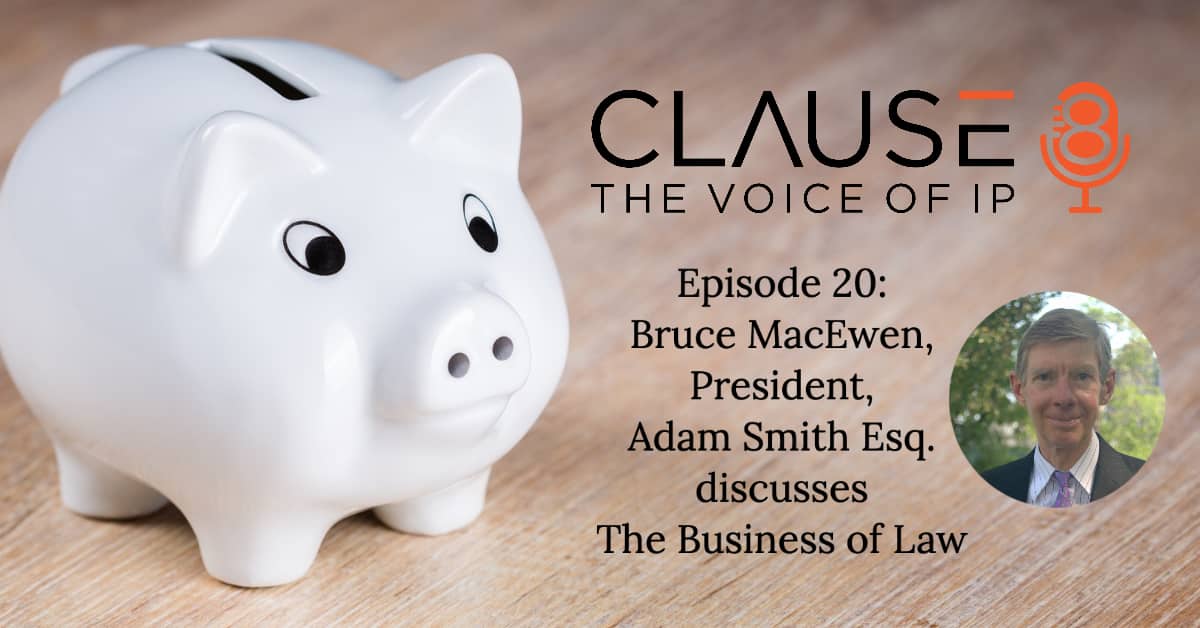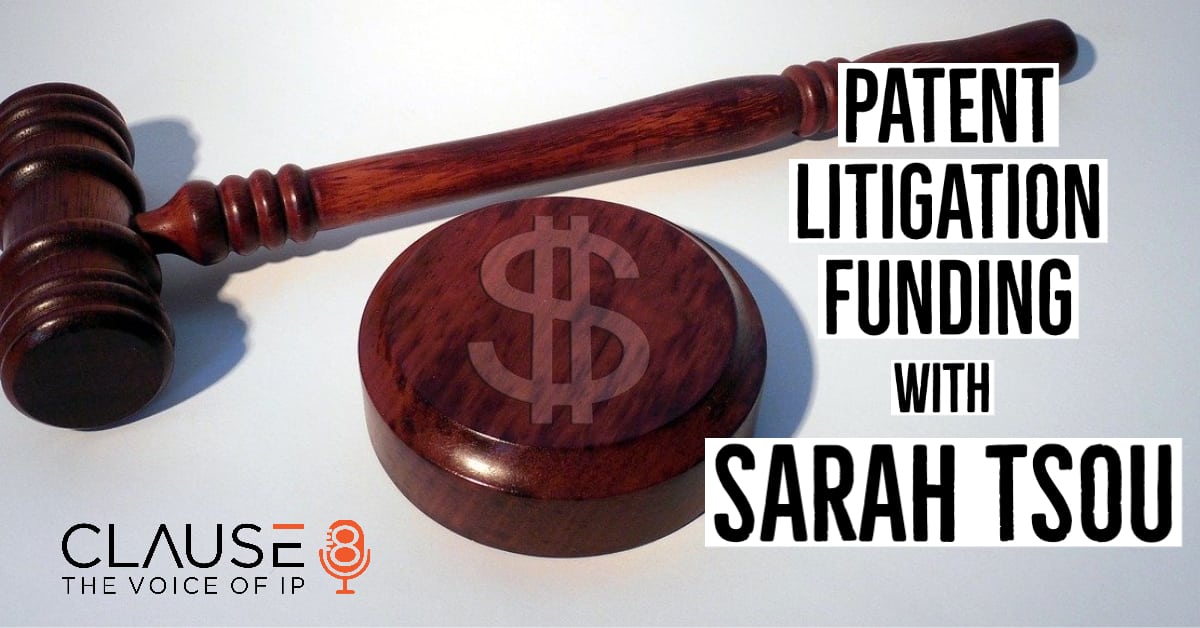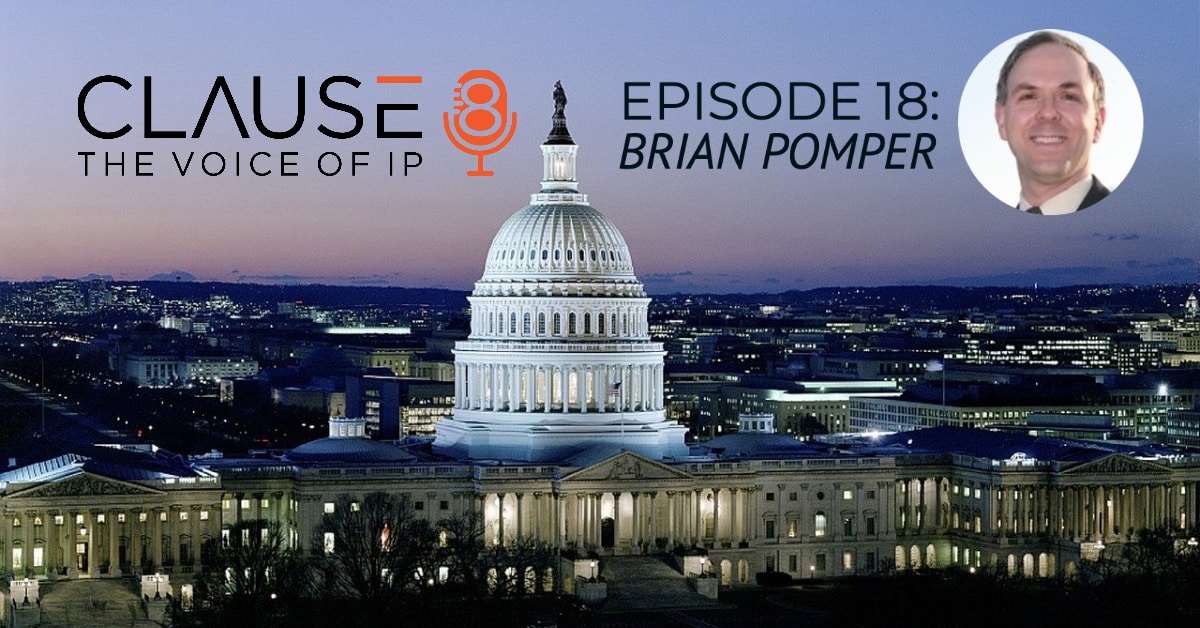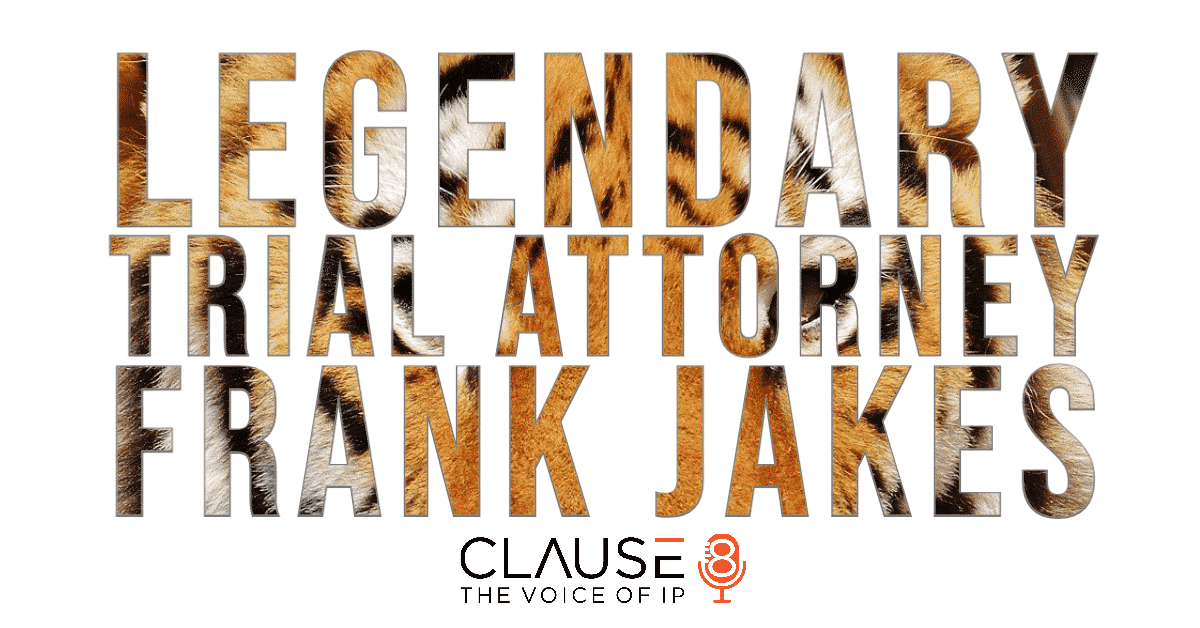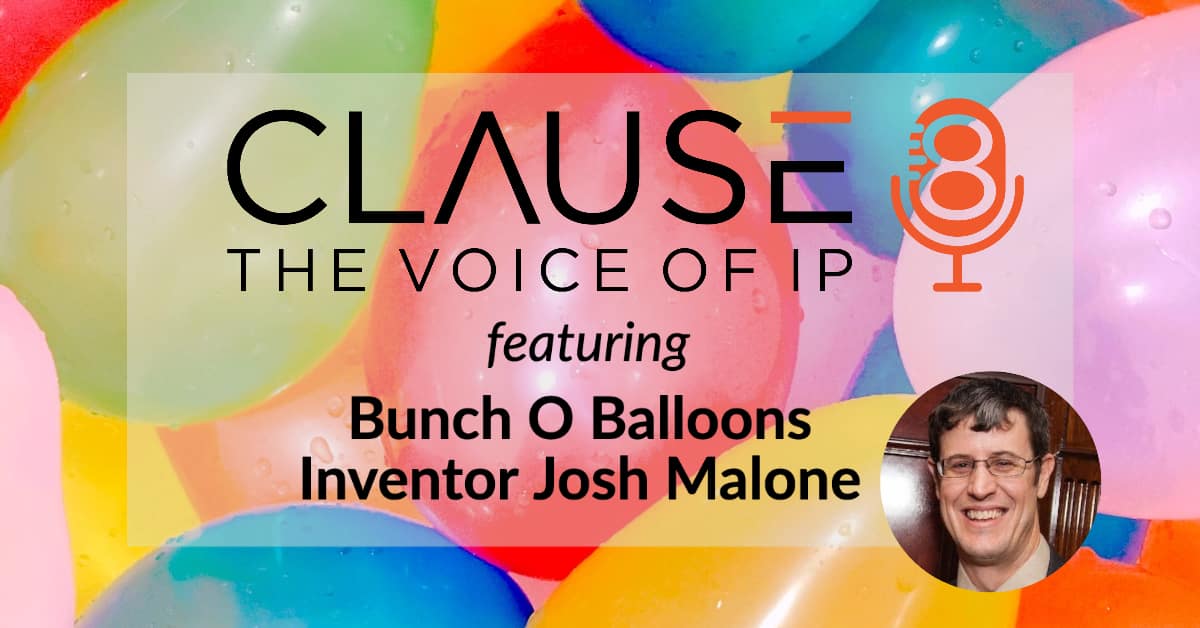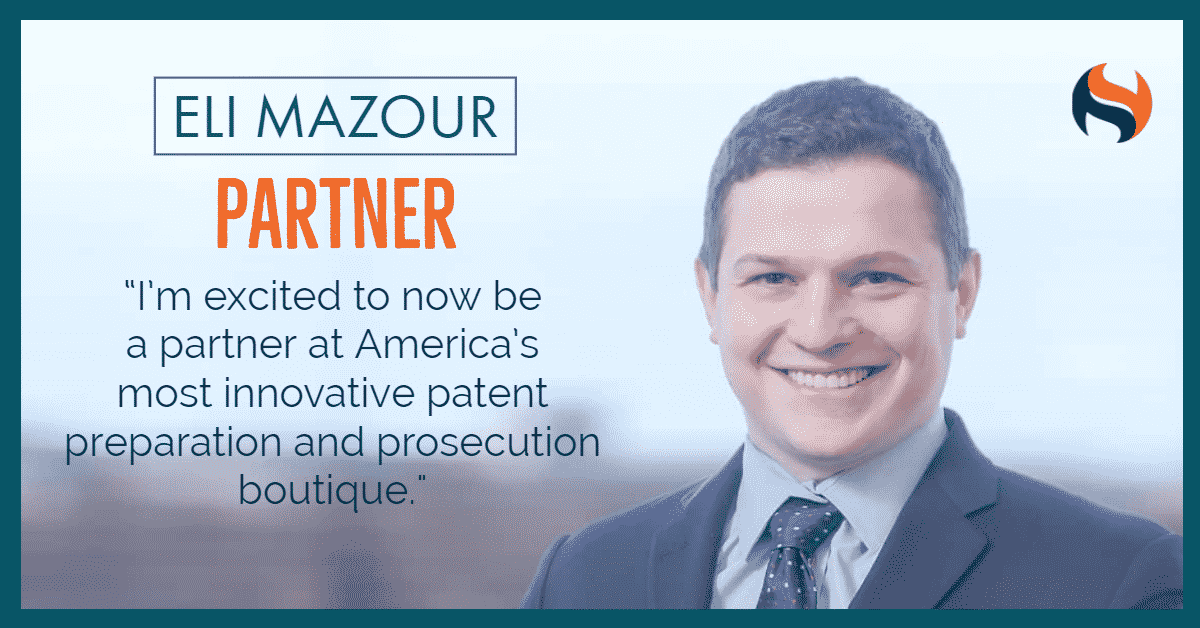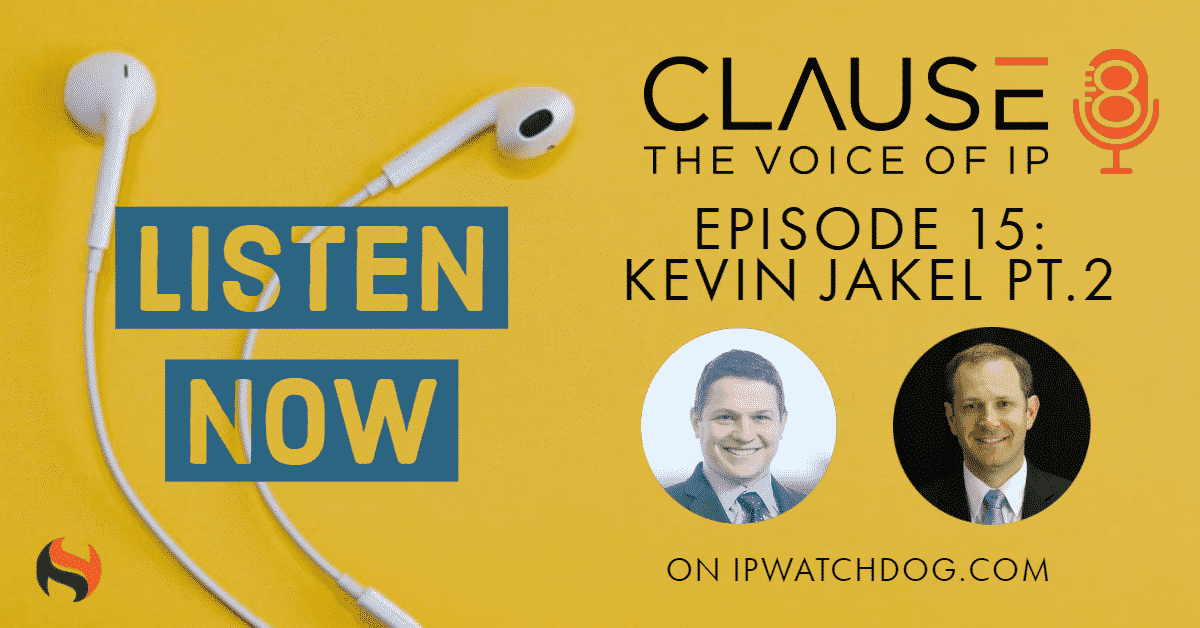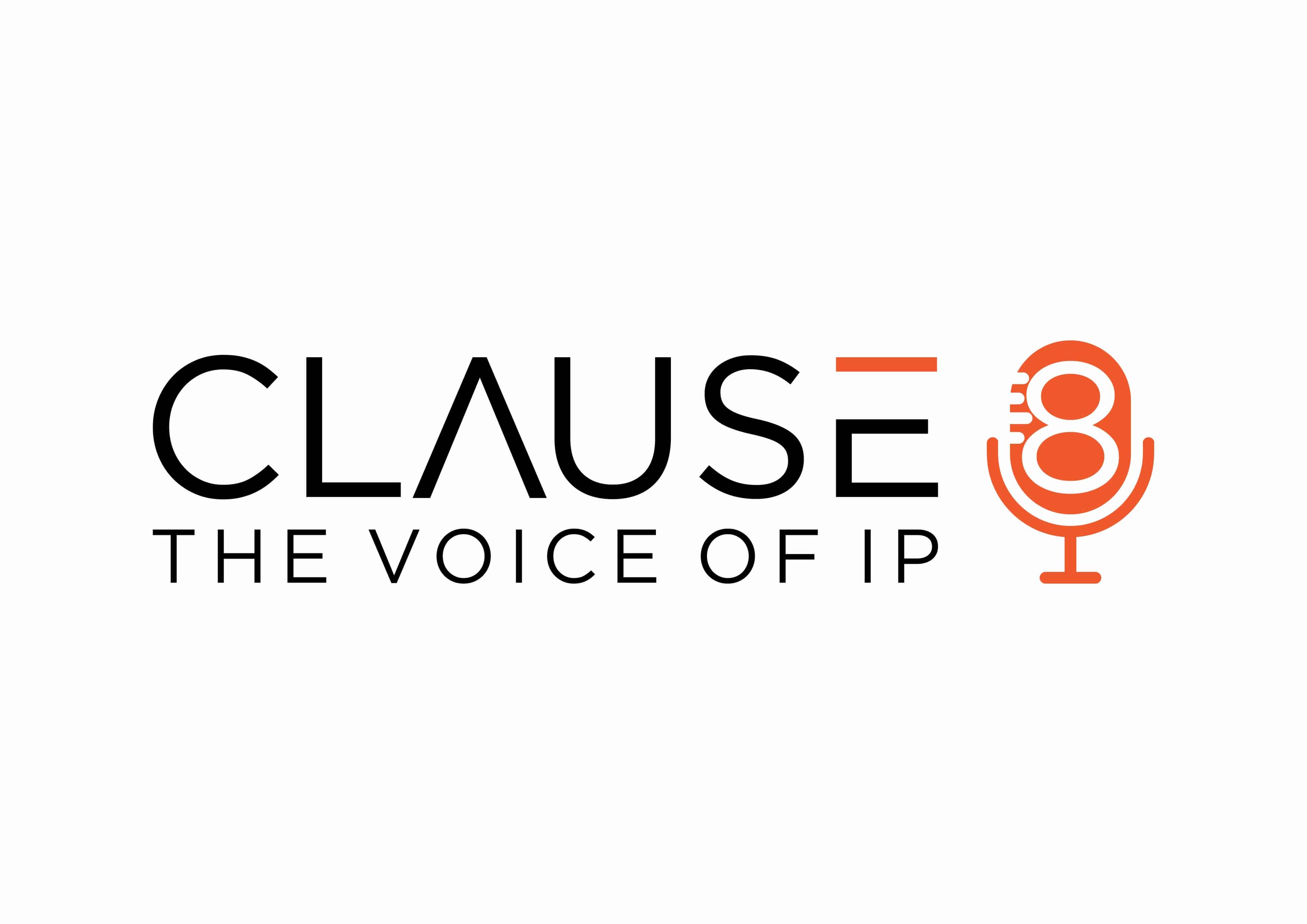WASHINGTON, DC (January 28, 2020) Harrity & Harrity, LLP is excited to announce that Eli Mazour has been named partner of the firm. Mazour’s expert knowledge of the patent field, creativity and efficiency in patent prosecution, strong business acumen, and large network within the patent community will be crucial factors in the growth and advancement of the firm. He is one of three new partners at Harrity, as announced by the firm last week.
“I’m excited to now be a partner at America’s most innovative patent preparation and prosecution boutique,” commented Mazour. “This will allow me to continue to provide the greatest possible value to technology companies that are interested in growing high-quality patent portfolios that best fit their business needs.”
Mazour leads the firm’s patent prosecution team with a focus on helping Patent 300® companies build valuable, high-quality patent portfolios in an efficient manner. He has extensive experience in all aspects of patent prosecution, including preparing and prosecuting hundreds of patent applications related to computer software, Internet and e-commerce, telecommunications, networking devices, electronic consumer products, and medical devices.
Mazour has specific expertise in developing and implementing innovative patent prosecution strategies for reaching favorable results at the U.S. Patent and Trademark Office. He assists clients in evaluating existing patent portfolios, identifying strategic areas for patenting, and creating processes for harvesting disclosures of patentable inventions.
Mazour began his patent law career at the law firm of Finnegan, Henderson, Farabow, Garrett, & Dunner and has been with Harrity, LLP since 2010. Throughout his tenure, Mazour has been helping clients resolve complex patent assertion and licensing issues. As a result, he is keenly aware of the pitfalls to avoid and opportunities to grasp during patent prosecution.
In addition to providing outstanding prosecution support, Mazour is the creator and host of the Clause 8 podcast, which was recently picked up by the IP field’s largest online publication, IPWatchdog.com. Clause 8 features interviews with prominent members of the IP community in which the most interesting and influential topics of today’s patent world are discussed. As a result, Mazour is sought out by clients and professionals for his insight on various patent policy developments, including legislative proposals and changes at the United States Patent and Trademark Office (USPTO). Mazour has also partaken in several speaking engagements focused on patentability and authored a number of articles on patent strategy.
To learn more about Mazour’s background, and to view all of his speaking engagements and publications, please visit his Harrity Bio Page.
About Harrity & Harrity, LLP
Harrity & Harrity is a patent preparation and prosecution firm specializing in the electrical and mechanical technology areas and is considered a Go-To Firm for the Patent 300™ Our clients have come to trust in our high-quality work, experienced people, industry leading innovation, and outstanding service. For more information, visit harrityllp.com.

